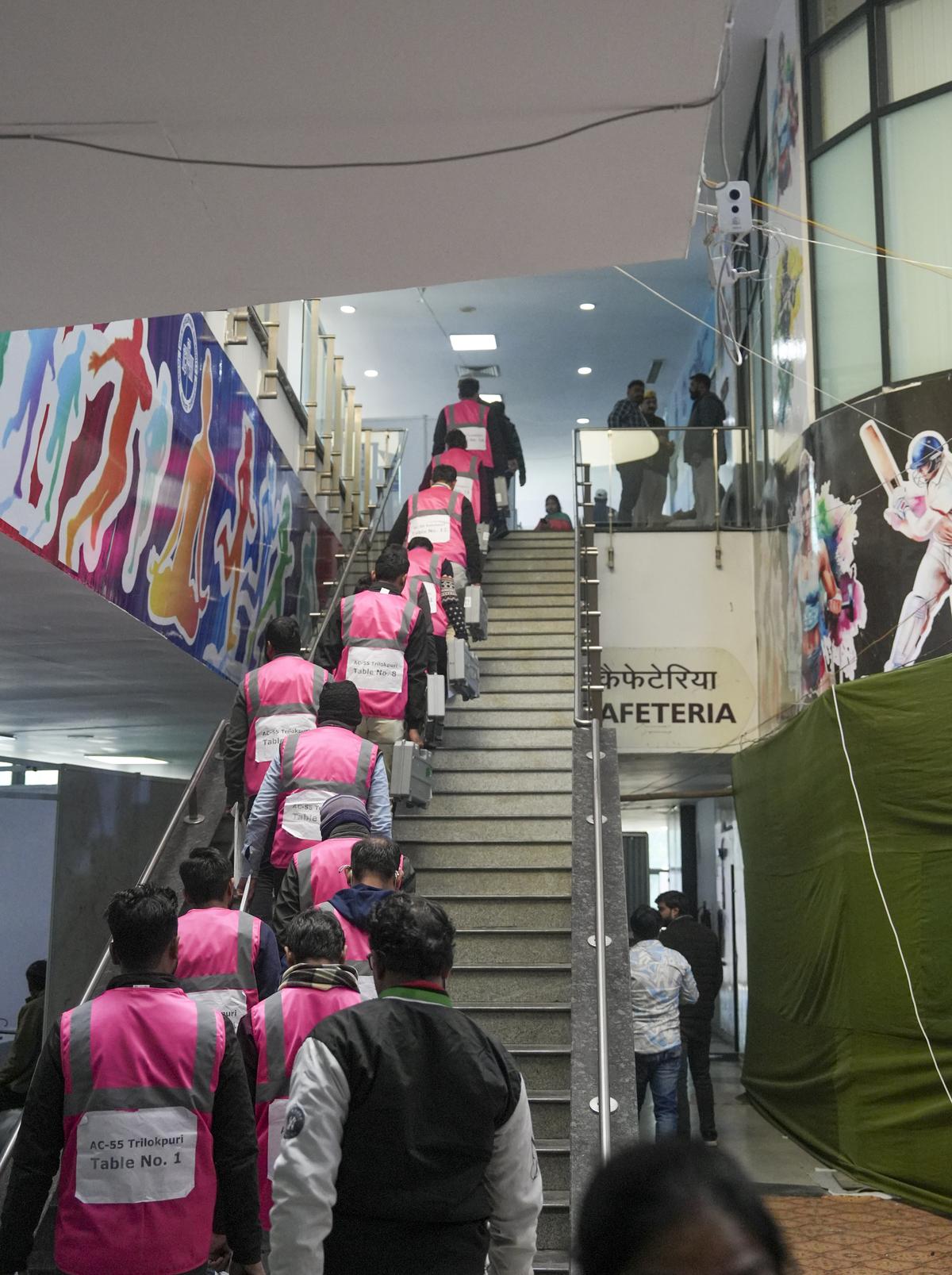Electoral Reforms in India

- 19 Mar 2025
In News:
The Election Commission of India (ECI) has initiated discussions with political parties to address growing concerns over the integrity of India’s electoral process. Allegations regarding the manipulation of electoral rolls, duplicate voter IDs, and issues with the conduct of elections have prompted the need for reforms to ensure transparency and fairness.
Legal Framework Governing Elections
The Constitution of India and several key legislative acts outline the processes and authority for conducting elections:
- Article 324 of the Constitution gives the Election Commission the authority to supervise electoral rolls and conduct elections.
- Representation of the People Act, 1950 and 1951 establish the legal framework for elections and the preparation of electoral rolls.
- Registration of Electors Rules, 1960 govern the procedures for the inclusion, correction, and deletion of names in the electoral rolls.
- Delimitation Act, 2002 ensures the redrawing of constituency boundaries based on the latest census data.
The evolution of voting methods in India has progressed from paper ballots to Electronic Voting Machines (EVMs) with Voter Verifiable Paper Audit Trail (VVPAT) since 2004, enhancing the credibility of the process.
Challenges in the Electoral Process
Several concerns have emerged over the years:
- EVM and VVPAT Concerns: Opposition parties have raised fears of EVM tampering, demanding a return to paper ballots. The Supreme Court has dismissed such demands, requiring a sample check of VVPAT-EVM matching in a limited number of machines per constituency.
- Electoral Roll Manipulation: Allegations of fake voters and duplicate voter IDs were raised, particularly in Maharashtra and Delhi. The EC has attributed these discrepancies to the earlier decentralized system of issuing voter IDs, which has now been streamlined through the ERONET platform.
- Campaign Issues: Star campaigners have often violated the Model Code of Conduct (MCC) by making inflammatory and divisive remarks. Moreover, political parties overspend on campaigns, exceeding legal limits, which undermines electoral integrity. The criminalization of politics is another critical issue, with 46% of elected MPs in 2024 facing criminal charges, including serious offenses.
Proposed Reforms
To address these challenges, several reforms are needed:
- Voting and Counting Reforms:
- VVPAT Verification: A scientific approach to VVPAT-EVM matching should be implemented. Full manual verification should be triggered if discrepancies are found in any region.
- Totaliser Machines: The EC’s proposal to use totaliser machines to aggregate votes from multiple EVMs before results are disclosed should be adopted to protect voter anonymity.
- Addressing Duplicate EPICs: Linking Aadhaar with EPIC IDs could help eliminate duplicate voter IDs, provided privacy concerns are addressed.
- Campaign and Electoral Reforms:
- Stronger Enforcement of the MCC: The EC should be empowered to revoke a party's “Star Campaigner” status for serious violations, depriving them of expenditure relief.
- Election Expenditure Regulation: The law should be amended to set limits on political party expenditure, which currently remains unrestricted.
- Criminalization of Politics: The Supreme Court’s directive for candidates to disclose their criminal records should be strictly enforced, requiring such declarations in widely circulated media.
Committee Recommendations
- Vohra Committee (1993): Recommended tracking criminal-politician links and addressing the role of black money in elections.
- Law Commission (2014): Suggested disqualifying politicians charged with serious offenses and increasing penalties for false affidavits.
- 2nd Administrative Reforms Commission: Advocated for state funding of elections to reduce the influence of illicit money.
Way Forward
To strengthen the electoral process, the Election Commission should be granted greater powers to verify criminal records and financial disclosures of candidates. Fast-track courts should be established to expedite cases involving elected officials facing serious charges. Transparency should be increased by mandating real-time disclosure of political funding and expenditures. Furthermore, voter awareness and civil society engagement should be promoted to enhance accountability in the electoral process.
